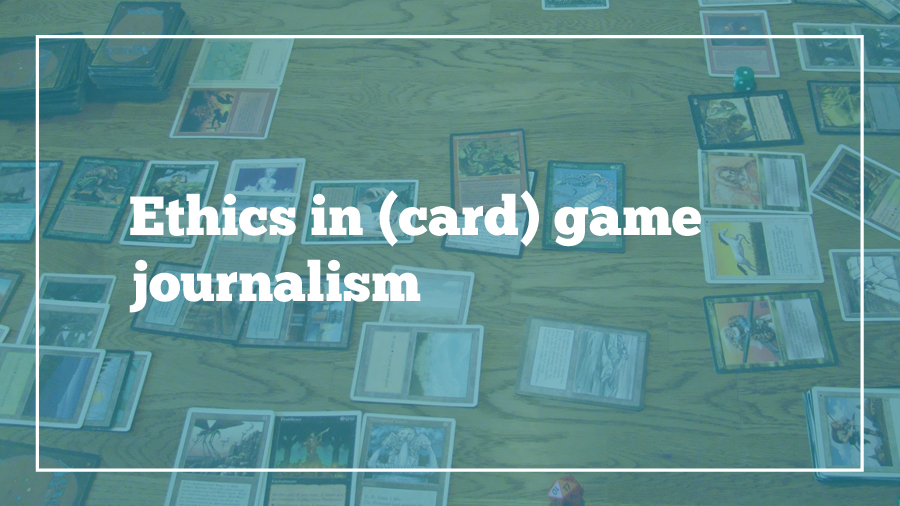
This week, something really cool happened to me—something that might make you lose your respect for me as a journalist.
On Monday, a representative from Wizards of the Coast dropped a note in my inbox asking me if I would be able to cover the Magic: The Gathering events at PAX Prime this year. I’ve covered M:TG events plenty in the past, for Forbes, the Daily Dot, and even Otaku Journalist. This time, I obviously had to decline. Since I splurged on a two-week trip to Japan in March, I knew I wouldn’t be able to afford to travel again until next year.
That’s when the rep shot back—what if we paid for your flight and hotel? I figured I had nothing to lose, and asked if they would also cover my husband, who has always wanted to go to PAX. It was a longshot, but the rep replied that’d be fine. I was over the moon!
You see, it wouldn’t be the first time I’ve gotten compensated in return for my reporting. Hasbro regularly sends me boxes of My Little Pony toys to review. Before I left the last M:TG event I covered, I received a swag bag put aside for me, just like every other reporter who showed up. Just about every card game I’ve reviewed for my Forbes blog has been gifted to me—as I disclose clearly in my reviews. Why would disclosing a plane ticket or a hotel stay be any different?
Well, it turns out it’s a lot different. My elation didn’t last long before my editor let me know there was no way I could accept this. For one thing, she pointed out, there’s a major price difference between a flight and a toy. For another, it’s against the rules to use the Forbes brand for personal gain. I could try to argue that they asked me to come because I’m a good reporter, but it’s pretty obvious they asked me because of my Forbes affiliation. While I’d be totally in the clear to write this up on my personal blog, Otaku Journalist only gets 30,000 hits a month.
For some of you reading this, everything up to this point confirms the worst that you believed about journalists. I’m willing to accept perks in exchange for reporting coverage.
I know the concern here is bias. A few years ago, when I was a Bitcoin reporter for ReadWrite, I bought $20 worth of Bitcoin in order to write about the experience. Shortly after that, the Bitcoin boom happened and I found that my $20 had become $150 overnight. My then-editor told me keeping it would bias my reporting, so I donated it to the Red Cross. (Hopefully, the Red Cross figured out how to extract it before Bitcoin’s worth plummeted again.)
Still, I’m not pigheaded enough not to know that I’m already biased. I have likes and dislikes that sway me incredibly—which is why I have given very bad reviews to things gifted to me, including a board game Wizards of the Coast sent me. And they were thrilled with that coverage! They’re not paying me for good reviews, just reviews in general.
And over time, I admit I’ve lost some of this rigidity. Last year when Hasbro sent me a shipment of My Little Pony toys, I donated them all to charity. Then, they sent me their Comic-Con 2015 exclusive. I sold it on eBay for $80 and went out to dinner. (Mind you, I didn’t review or even request these—they were just shipped to my house.)
How I justify it is this: I don’t feel like a bad person for taking what I can get. I get paid by the half penny for my Forbes coverage. As a human being who sells my body and time in order to feed myself (because that’s what hourly work is), I don’t feel like part of the media elite. I write about stuff I like, and sometimes companies take notice.
If anything, I hope this post sheds some light on the complex considerations that come up when journalists have to decide what they can and can’t accept for coverage.
Photo by Jesper Währner
